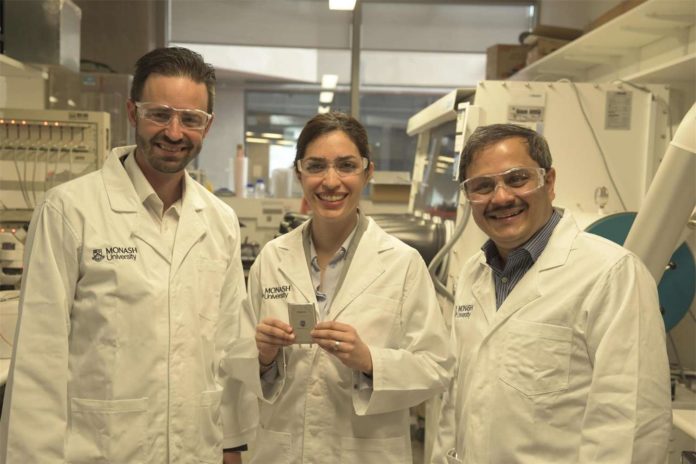The battery is one of the most critical elements in our mobile phones today. With the arrival of the first smartphone, the battery became its main handicap since they could not withstand the power of these devices for too many hours. Over the years, manufacturers have evolved, providing efficient phone batteries. The evolution continues, and the companies seem to bet on new lithium-sulphur batteries that could last for up to five days.
Australian researchers at Monash University have developed what they claim is the “most efficient lithium-sulfur (Li-S) battery” available to date. Such a device can extend your phone’s autonomy for five consecutive days without any recharge. They have also talked about its use in electric cars where it could offer a range of more than 1000 km (621 miles) without “refueling”.
Besides, lithium-sulfur batteries have a less environmental impact and are much cheaper, compared to the lithium-ion batteries that currently power phones, tablets, and laptops.
According to the tests conducted in Australia, it is demonstrated that they would exceed four times the efficiency of current batteries. Researchers say they have used the same materials in standard lithium-ion batteries, reconfiguring the design of sulphur cathodes to accommodate higher voltage loads without reducing the overall capacity, performance, and stability.
This type of battery uses an architecture based on the creation of powder detergents in the 1970s. Using this architecture as a starting point, the team designed a method that creates stronger links between the particles in the Li-S battery, allowing the resulting cell to “adapt to stress and provide a level of stability that has never been seen in any battery so far.”
This attractive design, together with lower manufacturing costs and a lower environmental impact, make this new lithium-sulfur battery attractive for its use in the not-too-distant future.
The team has received a patent (PCT / AU 2019/051239) for their invention, and the German Fraunhofer Institute has already released test copies of lithium-sulphur batteries, which will be tested in cars and solar systems in Australia at the end of 2020.
Now the main task for them is to launch a lithium-sulphur battery in mass production. Many researchers have repeatedly talked about a breakthrough in the field of batteries, but their development never reached the final product stage. It can take some time before the technology becomes real, but if achieved, it not only could reduce the discomfort of the batteries of current mobile phones but also facilitate its use for electric cars.
The study was published in Science Advances – the first research on Li-S batteries to feature in this prestigious international publication.
